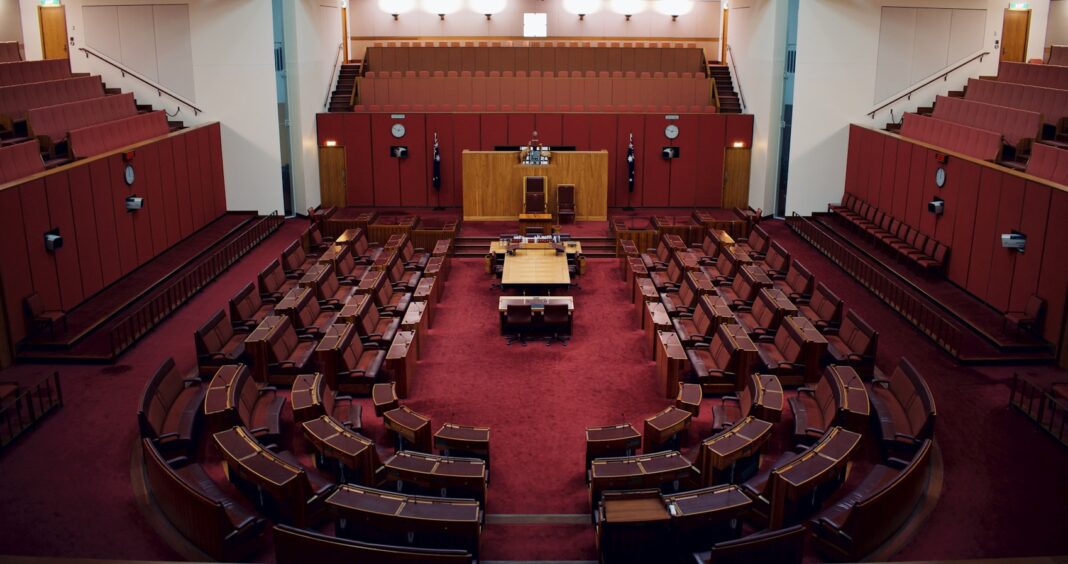Introduction: The Mosaic of Governance in the UAE
As a nation that has rapidly evolved on both economic and cultural fronts, the United Arab Emirates (UAE) is also characterized by a distinctive political system that underpins its stability and progress. In this exploration, we delve into the UAE’s political landscape, unraveling the intricacies of its governance structures, principles, and the dynamics that define its political identity.
Federalism in Action: Unity in Diversity
At the heart of the UAE’s political system is the concept of federalism. The country is a federation of seven emirates, each possessing a degree of autonomy while participating in a united federal structure. This model allows for a balance between national unity and the preservation of individual emirate identities.
The Supreme Council of Rulers: A Collective Leadership Approach
The UAE operates under a unique collective leadership approach. The Supreme Council of Rulers, composed of the rulers of each emirate, comes together to elect the President and Vice President of the UAE. This inclusive decision-making process reflects the collaborative spirit that governs the highest echelons of the nation.
The President and Vice President: Guardians of the Federation
The President, elected by the Supreme Council of Rulers, serves as the Head of State, while the Vice President supports in this role. The President appoints the Prime Minister and the Cabinet, forming the executive branch responsible for implementing policies and overseeing the day-to-day administration of the country.
The Federal National Council (FNC): Representing the People
The Federal National Council, a key component of the UAE’s political system, is a parliamentary body representing the citizens. While its members are appointed by the rulers of each emirate, the FNC plays a crucial role in legislative discussions, policy formulation, and providing a channel for public opinion.
Shura Councils: Local Governance and Participation
In addition to the Federal National Council, individual emirates have Shura Councils, which serve as consultative bodies. These councils facilitate local governance, providing a platform for citizen engagement and representation at the emirate level.
Cultural Influences: Traditional Values and Modern Governance
The UAE’s political system is not only influenced by contemporary principles but is also deeply rooted in traditional values. The rich cultural heritage and tribal traditions play a significant role, shaping the nation’s approach to governance, leadership, and decision-making.
A Blueprint for the Future
The UAE’s political landscape is guided by a vision for the future. Vision 2030 outlines ambitious goals across various sectors, emphasizing economic diversification, sustainable development, innovation, and the well-being of citizens. The political system aligns with this vision, driving the nation towards continued progress and global prominence.
Diplomacy and Global Engagement: A Strategic Approach
The UAE’s political influence extends beyond its borders through a strategic approach to diplomacy. Engaging actively in international affairs, the nation has emerged as a key player in regional stability, economic partnerships, and humanitarian initiatives, solidifying its position on the global stage.
Conclusion:
In conclusion, the UAE’s political system weaves together federalism, cultural values, and a forward-looking vision to create a unique tapestry of governance. From the collaborative leadership of the Supreme Council of Rulers to the grassroots representation in the Federal National Council, the political landscape reflects a commitment to unity, progress, and the well-being of the nation and its citizens.


